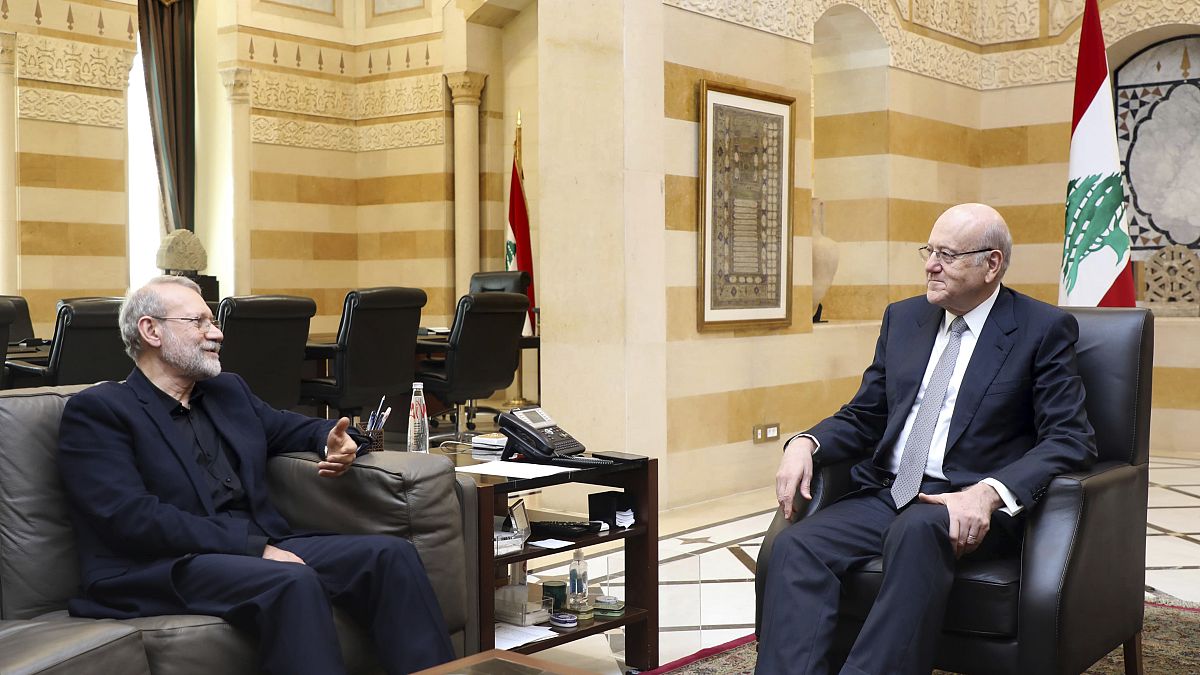Far-right and conservative MEPs either opposed or abstained from a vote on setting up an independent ethics committee to weed out corruption across all EU institutions.
Although 388 MEPs supported the proposal for the anti-corruption committee, another 72 voted against while 76 abstained.
The 72 naysayers include most of the right-wing European Conservatives and Reformists (ECR), the far-right Identity and Democracy (ID) as well as other far-right nationalists like Nicolas Bay from France and Dutchman Marcel de Graaff.
Almost all of the members from Hungary’s leading party Fidesz abstained, including former European Parliament vice-president Lívia Járóka.
The European Commission is now set to present its proposal for the ethics body sometime next month after having floated the idea over three years ago.
Earlier this week, the EU commissioner for transparency Vera Jourova, said the inter-institutional body would serve as a “preventative measure at upfront respect of clear rules.”
“The inter-institutional body will allow the institutions to benefit from their mutual experiences to learn from each other,” she said.
But Thursday’s vote in the plenary in Strasbourg sets down a wish-list of powers and rules for the body ahead of the Jourova’s proposal.
Supporters have hailed the vote as an important step towards improving integrity in the EU institutions.
“After the Qatargate scandal and despite the right’s attempts to block it, the time for action has finally come,” Manon Aubry, co-president of the Left group, tweeted.
Similar comments came from German Green Daniel Freund who had been pressing for the creation of an ethics body for years.
“The EU ethics body must have teeth. Self-regulation must be replaced, not supplemented by an advisory body,” he said, in an emailed statement.
Freund has accused the European Commission of dragging its feet on the issue, noting that the EU institution has also seen its share of lobby scandals.
This includes former Jose Manuel Barroso, who landed a job at Goldman Sachs shortly after ending his term as commission president.
Other notable cases include German former commissioner Guenther Oettinger who took on 17 jobs during his two-year cooling off period, as well as former commission vice-president turned Uber lobbyist Neelie Kroes.
The MEPs on Thursday want the future ethics body to start investigations on its own and to conduct on-the-spot investigations.
They also said it should be able to act on its own initiative.
And they want negotiations on its creation to start even it means the body only initially covers the EU parliament and the Commission out of fear that the Council, representing member states, will drag out talks.
But crucially an amendment to also empower the body with binding decisions failed to muster enough support.
Almost all of the centre-right EPP and liberals at Renew Europe rejected it, along with the far-right ID and the conservatives at ECR.




















Discussion about this post